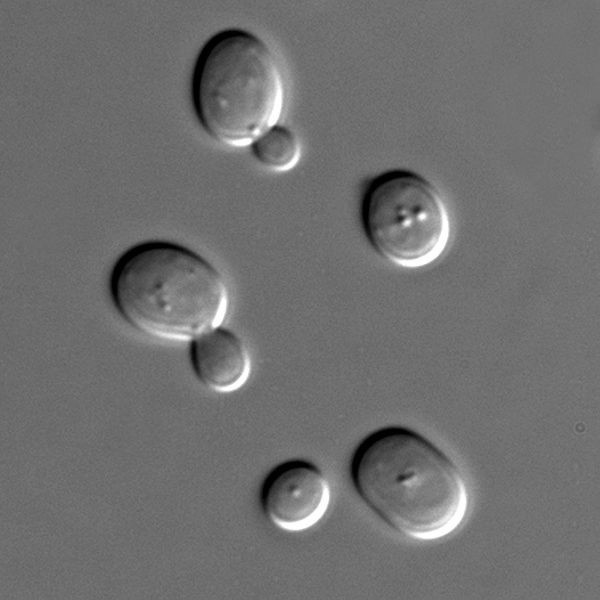Synthetic Yeast Chromosomes to Evolve on Demand

A new form of yeast that includes synthetic DNA has been created by a team of John Hopkins researchers. This new yeast will help scientists understand how genomes work. It will help them rearrange its genetic material as they wish.
The synthetic chromosomes will contain recombination signals designed to allow removal of as many non-essential genes as possible, provided that these deletions do not interfere with rapid growth. This is referred to as genome minimization.
As part of the project synthetic yeast genome, biologists built two chromosome arms, a synthetic right arm of the ninth chromosome, synIXR, and a partially synthetic left arm of the sixth, semisyn-VIL and then converted them to yeast cells.
The yeast cells containing partially synthetic chromosomes were grown in different conditions and were given different nutrients. The cells surprisingly adopted the new genetic codes and their ability to grow was strikingly similar to their natural counterparts.
This discovery is a winning step towards manufacturing completely synthetic organisms that will help scientists create bio fuels, vaccines and industrial chemicals. Nothing like this has ever been done before, said Jef Boeke of the Johns Hopkins University School of Medicine in Baltimore, Maryland, who is leading the research. He also hopes to produce new strains using this yeast cells with synthetic DNA.
Boeke centered his work on yeast known as Saccharomyces cerevisiae, one of the most-known organisms in the field of genetics.
The breakthrough was made possible by combining powerful techniques that are derived from genetics, computing and synthetic chemistry, said the researchers.
When complete, the fully synthetic genome will restructuring the yeast genome, and will help to create new type of combinatorial genetics based entirely on variations in gene content and copy number. However, the process of creating synthetic genome might have some practical difficulties, but the tool would be available freely without any intellectual property protection, said Boeke.
© Copyright IBTimes 2025. All rights reserved.





















